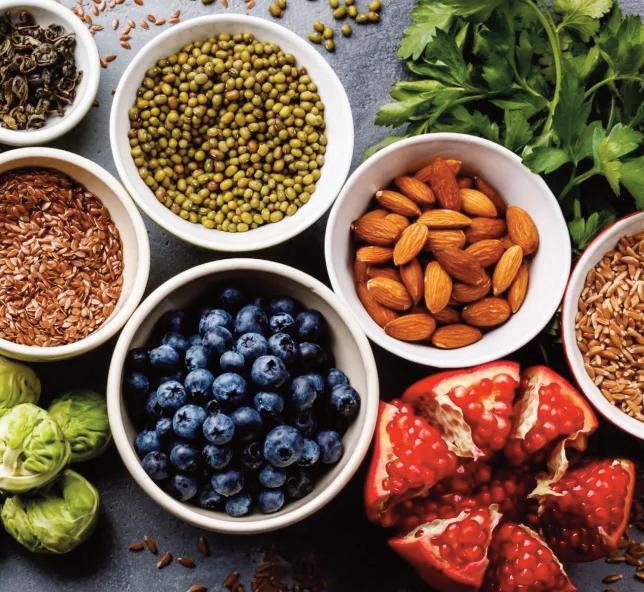
4 minute read
Foods To Live Longer
from April 2023
by societylife
There are specific foods that are very healthy and can slow down aging. And, there are many ways to increase your intake of these foods.

For example, make a vegetable smoothie with pomegranate, or add blueberries to your breakfast quinoa porridge, or make lots of soups which are a great way to increase your vegetable intake. Instead of snack bars you eat nuts with a piece of dark chocolate, or just a plain old simple apple.
Because you know, an apple a day keeps aging a bit more at bay!
Pomegranate
Pomegranate keeps the blood vessels young and flexible. It improves endothelial function (endothelial cells are the cells that line the inner walls of our blood vessels), reduces the stickiness of blood platelets, and lowers oxidation of cholesterol particles, which otherwise become sticky when too oxidized, clinging to the blood vessel walls and contributing to atherosclerosis.
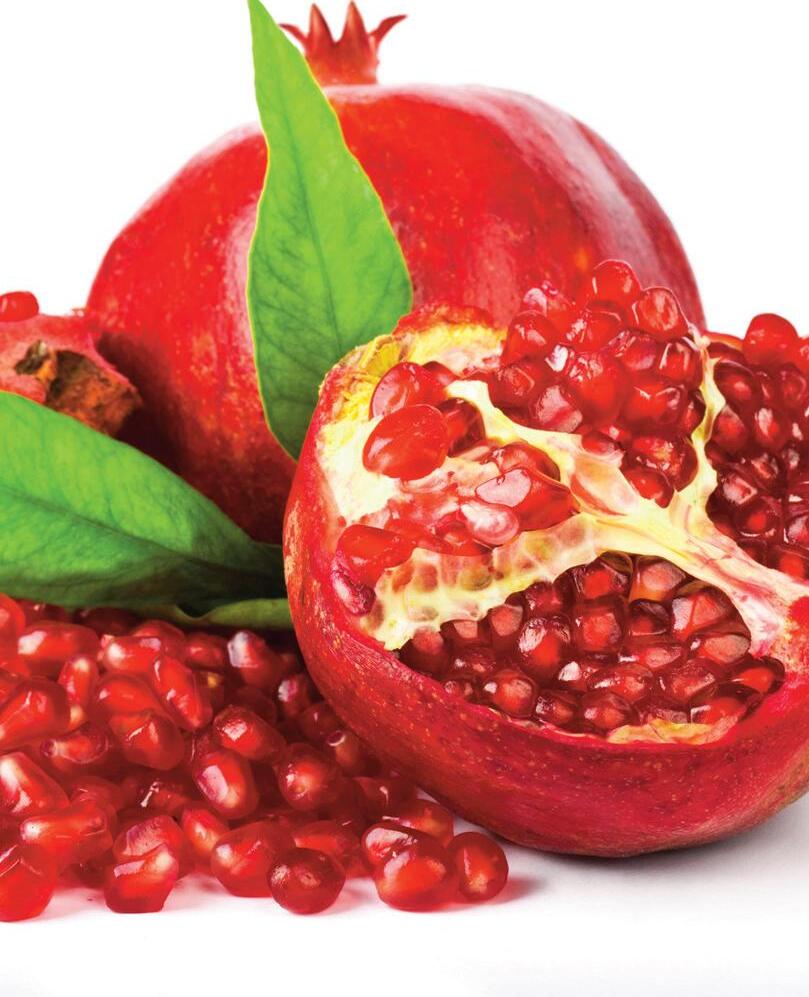
Pomegranate is also very healthy for the skin and could slow down skin aging. Specific components of pomegranate can also be converted by the microbiome in substances that slow down aging, like urolithin A.
Nuts especially walnuts
Many studies show that people who eat a handful of walnuts have considerably less risk of a heart attack.
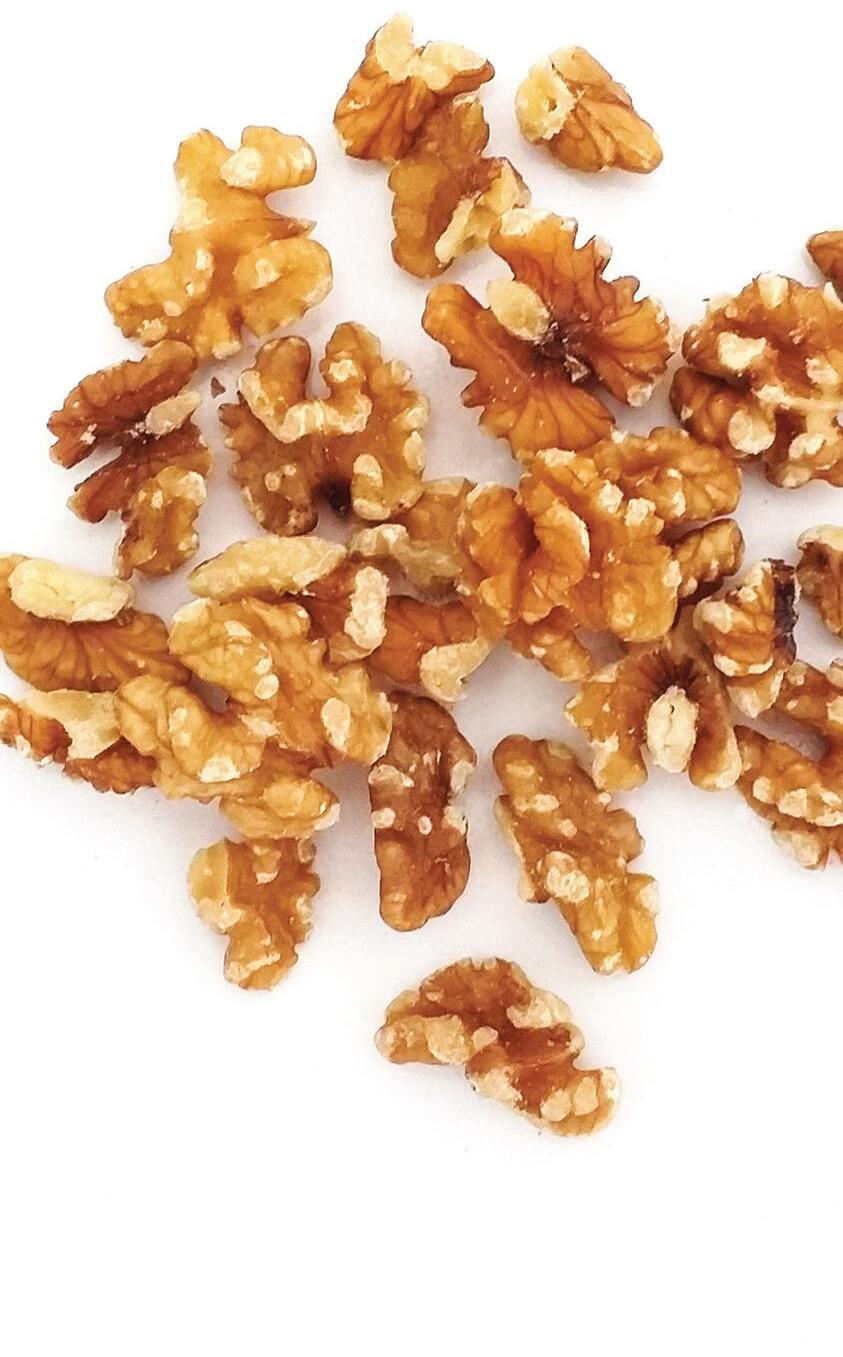
Nuts also protect the brain against Alzheimer’s disease and improve cognitive functioning, even in young people. Walnuts contain substances that are healthy for our brain and blood vessels, such as omega-3 fatty acids, vitamin E, and many other phytochemicals.
Nut intake has been associated with less insulin resistance, improved endothelial function, reduced risk of type 2 diabetes, hypertension, and even colon cancer.
Blue fruit: blueberries blackberries
You want to protect your brain against aging? Think blueberries! Blue fruit contains many brainfriendly, neuroprotective substances like anthocyanidins, which have powerful health effects. Blueberries can reduce the risk of Alzheimer’s disease and slow down brain aging in general.
Blueberries are associated with a reduced risk of heart attacks and lower blood pressure. A study with more than 120,000 participants showed that a handful of blueberries per day can reduce the risk of type 2 diabetes. Blueberries can protect DNA against damage, even against strong cosmic radiation, as studies have shown.
That’s why NASA even studied blueberry intake to protect the DNA against cosmic radiation for their astronauts in space.
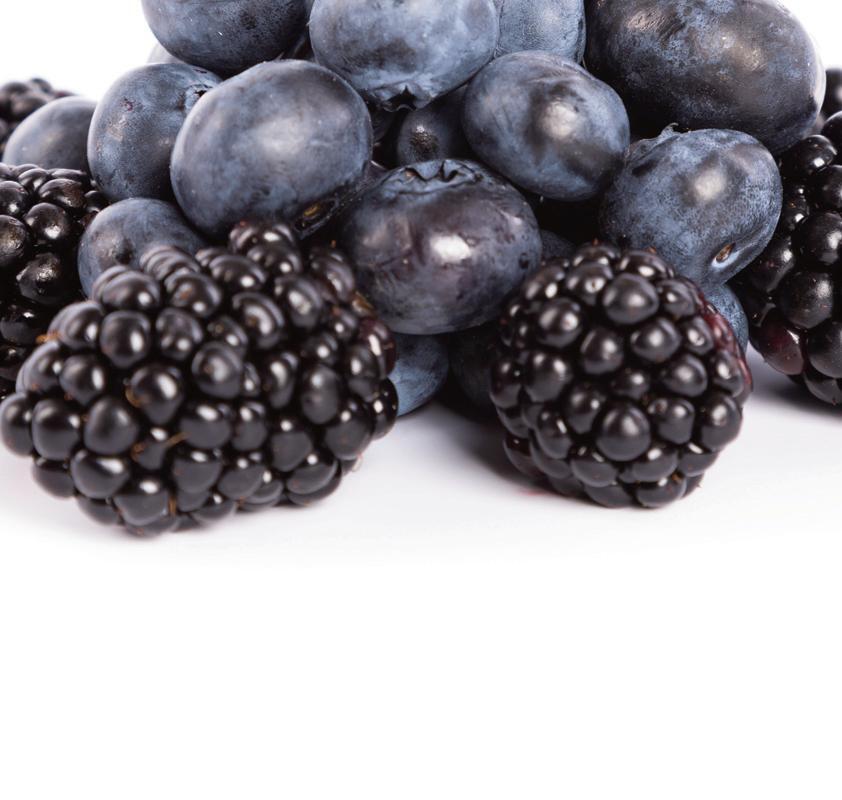
Legumes: chickpeas lentils, peas
Legumes can reduce the risk of heart disease, Alzheimer’s, and diabetes. Legumes are a healthier alternative to potatoes, rice or pasta, which are very starchy foods that can cause high sugar peaks and that are essentially empty calories. In contrast to potatoes, pasta and rice, legumes contain more fiber, less starch, and more healthy micronutrients, like potassium and magnesium.
In fact, every portion of rice that is replaced with legumes reduces the risk of metabolic syndrome by 14%.
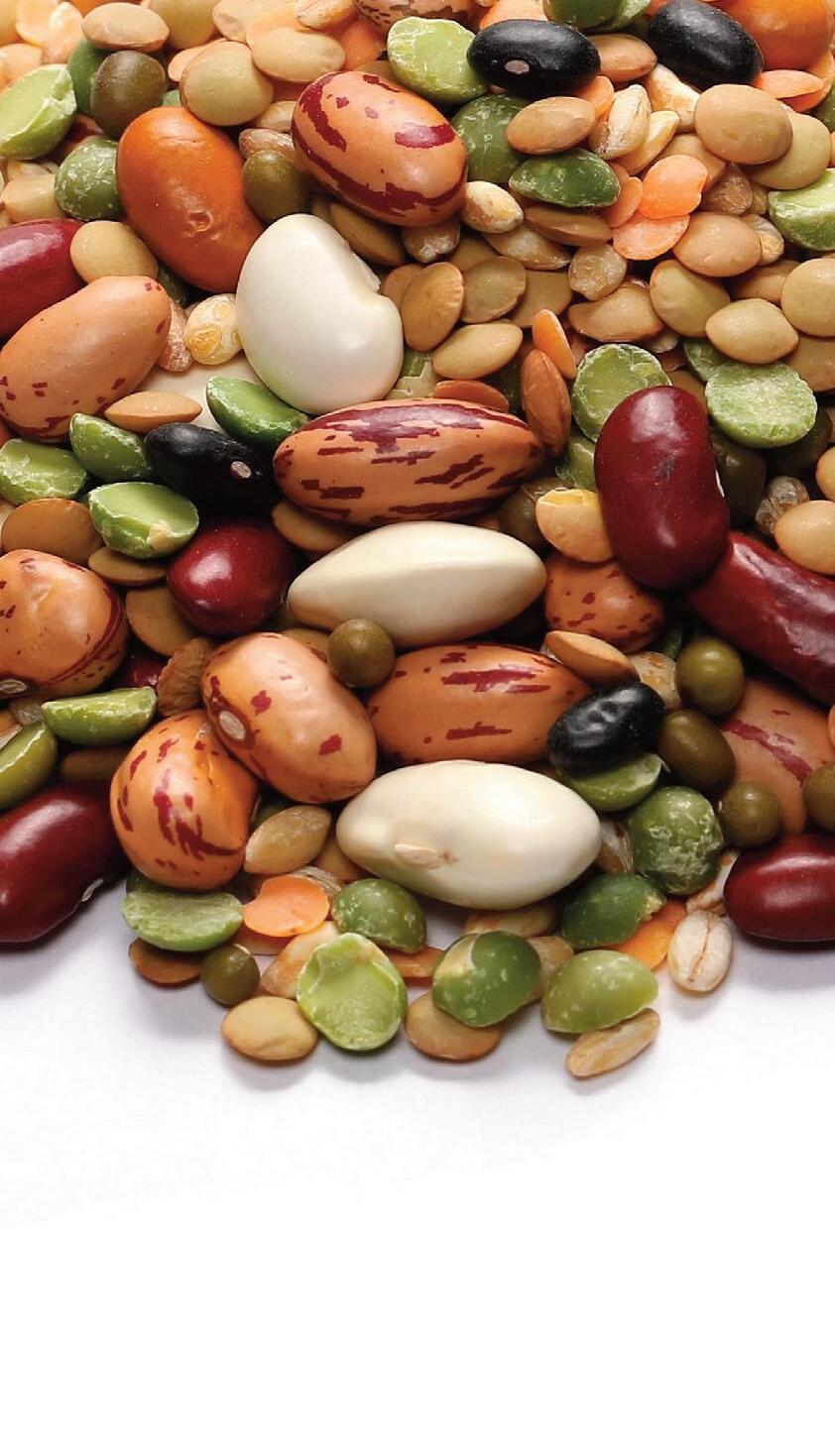
Green leafy vegetables: broccoli spinach, kale Brussels sprouts
People who often eat green leafy vegetables have brains that are up to 11 years younger. Also, their blood vessels are much healthier. People who regularly eat leafy greens had about 16% less risk of a heart attack.
If you combine eating leafy greens with other healthy foods, and with exercise, your risk of getting a heart attack goes down even further. Green leafy vegetables are full of important vitamins, minerals, and health-promoting substances like sulforaphane. Longlived people who live in Longevity Zones often eat lots of greeen leafy vegetables.
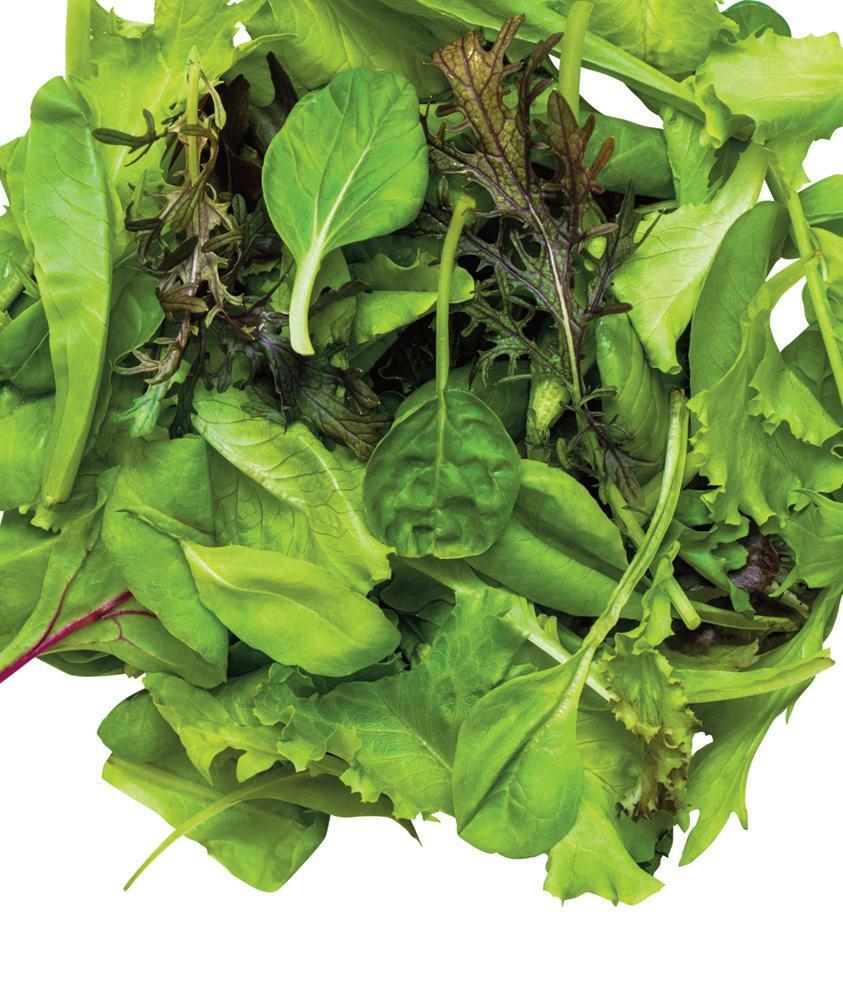
Mushrooms: oyster enokitake portobello
Mushrooms could reduce the risk of cancer and boost the immune system, through specific mucopolysaccharides, beta-glucan, and lentinan-like molecules.
Mushrooms are excellent alternatives to starchy foods like potatoes, pasta and rice, given these foods cause high super peaks, which is unhealthy and accelerates aging. Mushrooms cause much lower sugar peaks.
Mushrooms can also be great alternatives to meat. Too much meat, especially red meat, increases the risk of various diseases of aging.
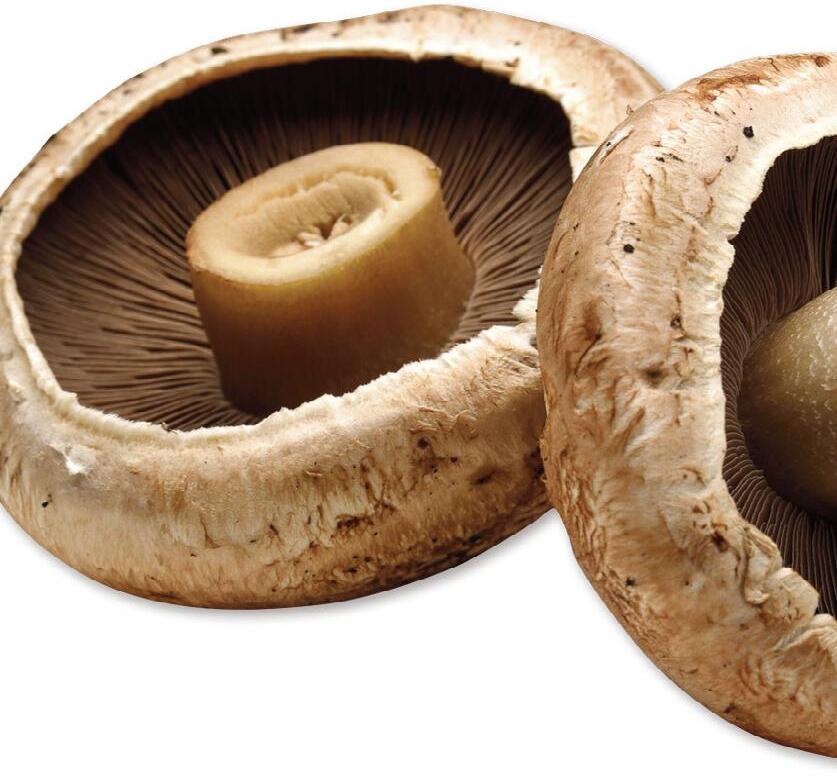
Apples
Apples are a bit of an under-appreciated food, despite being powerful contributors to health. Apples contain various substances that can reduce the risk of asthma (by reducing inflammation), heart disease, Alzheimer’s disease and cancer. One apple per day could reduce the risk of cancer of the oral cavity and pharynx by 18%, esophagus by 22%, colorectal with 30%, larynx by 41% and breast and ovary cancer by 24%.
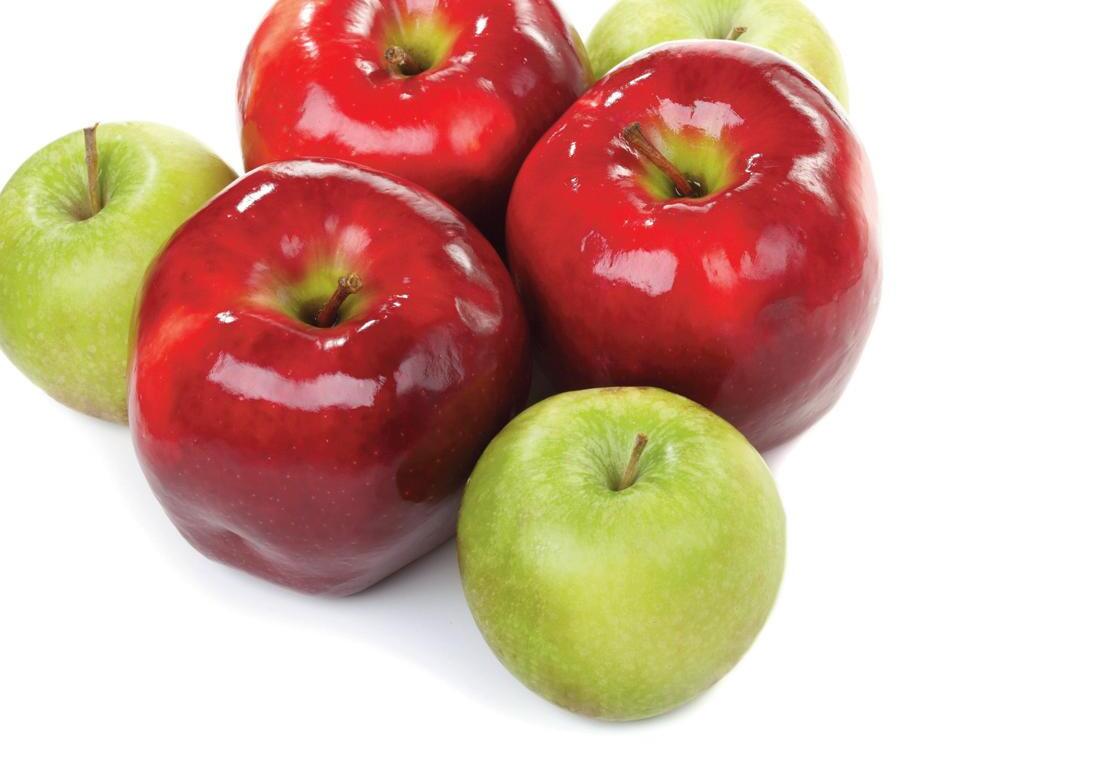
One study found women who consumed more than 71 g of apple per day had a 43% reduction in heart disease mortality compared to women who did not eat apple. Health effects of apples can be explained by the many healthy substances they contain like hydroxycinnamic acids, flavonols, dihydrochalcones, anthocyanins and flavanols that improve the health of the blood vessels, immune cells, brain cells, and microbiome.
Seeds: pumpkin chia flax
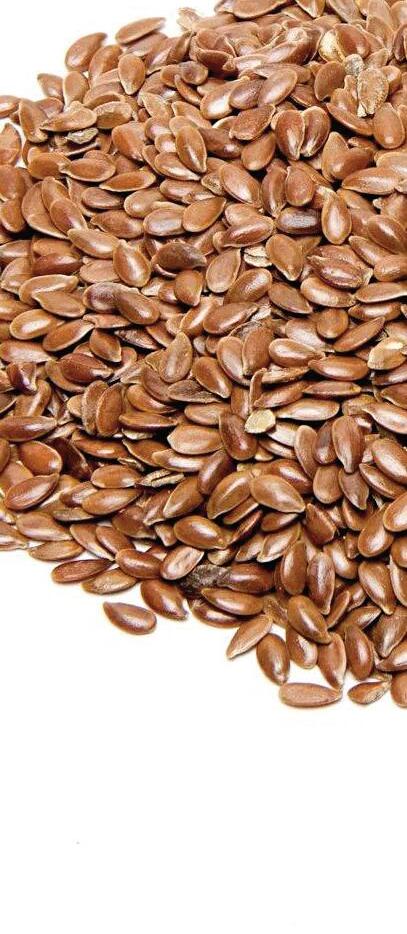
These little nutritious kernels are filled to the brim with vitamins, minerals and healthpromoting substances, such as omega-3 (especially in chia seeds and flax seeds).
They are also full of fiber. Such little health bombs help you to drastically increase your fiber intake, which can also reduce your risk of heart disease and death.

Herbs especially ginger rosemary, oregano garlic
Herbs have antiinflammatory, DNA protective, and even epigenetic effects. They also have a beneficial impact on the gut microbiome.
Fatty salmonfish: sardines anchovy
herring
These foods have been linked to less cardiovascular diseases, auto-immune diseases like rheumatoid arthritis, and healthier brains.
Fatty fish contains omega-3 fatty acids that reduce inflammation and are important components of the cell membranes, especially in the brain, eye and blood vessels.

Consuming omega-3 rich foods protects against Alzheimer’s disease and heart disease and agingrelated eye diseases, like macular degeneration.
Olive oil and olives
Olive oil reduces inflammation. It’s also good for the skin when taken orally.
Olive oil can also reduce the risk of aging-related cognitive decline and Alzheimer’s disease.

Dark chocolate at least 70% cacao
Dark chocolate has been associated with less risk of heart disease, hypertension and even a reduced risk of death.
Giving pre-diabetic patients dark chocolate lowers blood pressure. Dark chocolate contains flavanols, which have various health effects, like reducing inflammation, keeping your blood vessels flexible and even slowing down the aging process itself. Dark chocolate can even improve skin aging. This makes sense, because the skin and blood vessels are made of many similar building blocks (such as elastin and collagen).










